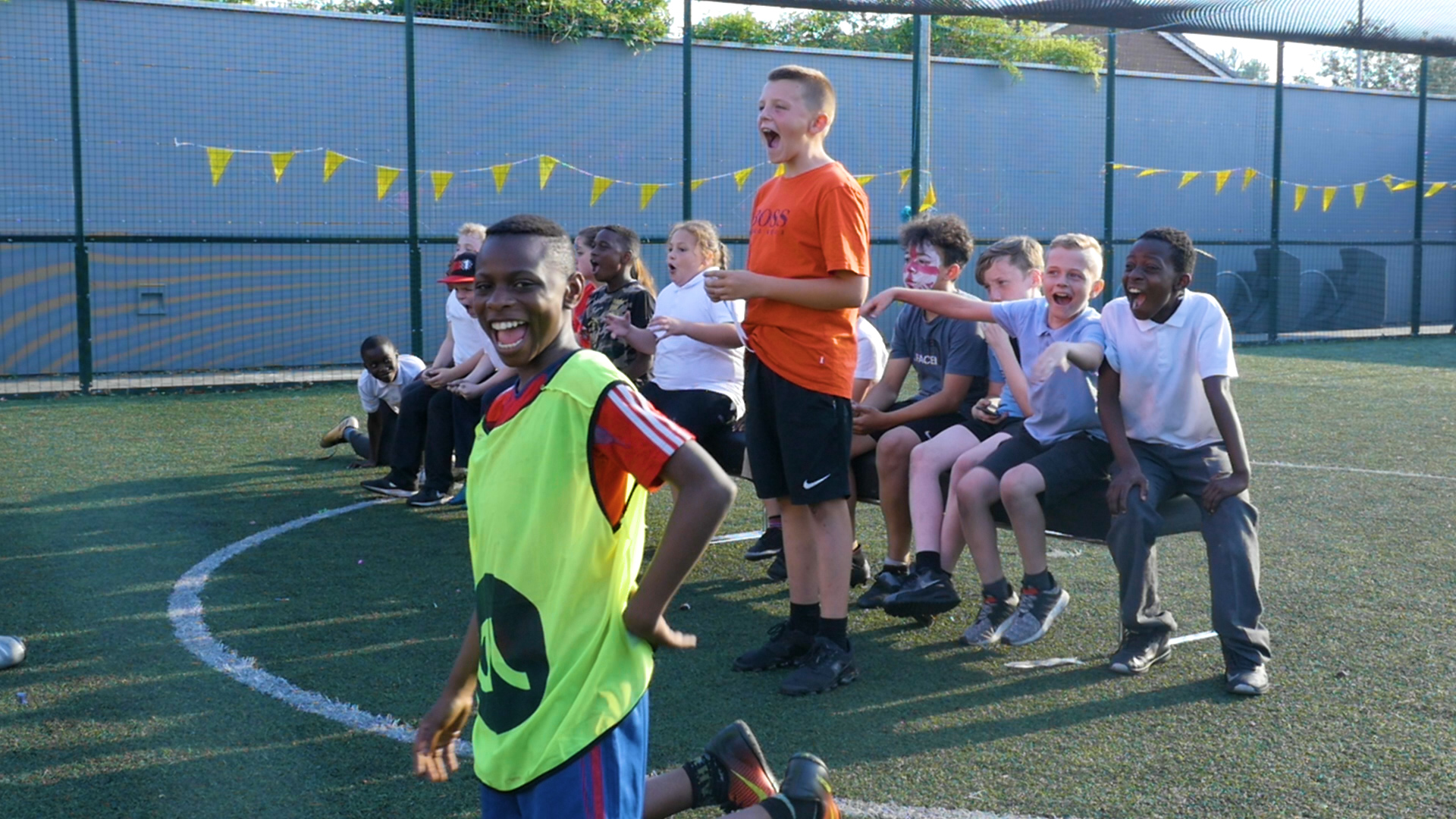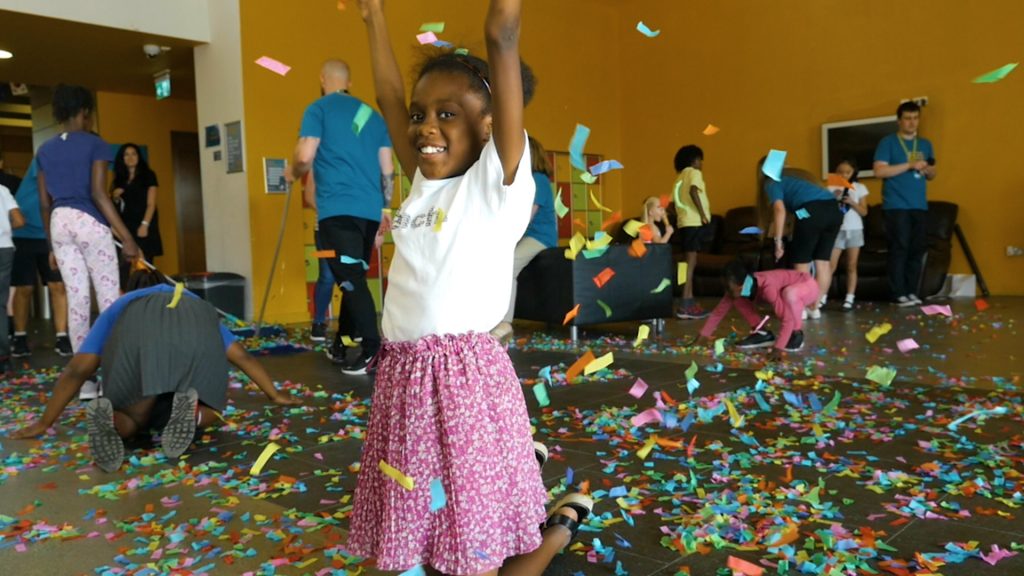Richard Marsh, Manchester Youth Zone

Recently awarded North West Charity of the Year, Manchester Youth Zone (MYZ) is a children’s charity that has now been running for eight years. We caught up with chief executive Richard Marsh who completed our Enterprise Learning 2019 programme.
In a nutshell:
- Organisation: Manchester Youth Zone in Harpurhey, North Manchester, supports young people aged 6-19 (25 for those with additional needs)
- Business model: Income from corporate supporters, grants trusts and foundations, Local Authority and fundraising events.
- SSE programme: Enterprise Learning
- Supported by SSE in London
Tell us about your organisation
Manchester Youth Zone serves young people from some of the most disadvantaged areas in the UK. Within a two-mile radius of the Youth Zone are 13 of the 20 most serious organised crime groups in Greater Manchester. We are open when schools are shut to provide young people with ‘somewhere to go, something to do and someone to talk to’ within our world class youth facilities.
Throughout the school day, the work doesn’t stop. We run targeted programmes to help young people whether that be with employment, our community café, or as part of our prevention programme Junior Choices that works with those at risk of Child Criminal/Sexual Exploitation.
MYZ also acts as a voluntary sector prime contractor for youth and play providers in North Manchester bidding for place-based funding and then contract managing VCS partners to achieve outcomes.
What’s the situation like where you’re based?
We’re based in Harpurhey, a community that has really been left behind in the renaissance of Manchester. We have the opportunity to ensure that the people we serve are able to benefit from the increased prosperity in Manchester. Over 1000 young people visit The Youth Zone every week. We work to raise their aspirations and give them the tools to increase their confidence, build positive relationships and add something back to their own community – our great city!
We heard 2019 was a pretty big year for you…
In 2019, the average footfall per week was 1000 young people. During school holidays we provided a whopping 6,171 free meals. And 124 young people were safeguarded through our Junior Choices Programme. A big year indeed!
What was MYZ’s situation before you started the programme?
Like most youth voluntary sector partners, our real challenge is around unrestricted funding – how we pay to deliver our universal services and develop new services which our communities need. Before I joined the Enterprise Learning Programme, our universal service ran at a deficit of £125k. Now we have a product that contributes around £25K to this unrestricted funding stream.
What was most helpful about the programme?
The programme helped us to think about our offering. It helped us realise that what we have created is not just an event, but a product we can continue to develop. After carrying out some research, we can now see that the CEO training we offer is both sustainable and marketable. For us, it provides an income stream, and for the private sector it’s a fantastic training and development tool.
The SSE programme gave a framework for us to test this out and a lot of support about how to navigate hurdles.
Working in the youth sector is about resilience and coping with everything else you face while running a charity. So being surrounded by supportive, like-minded peers throughout the programme was tremendously helpful.
How has the Match Trading grant supported your organisation?
The Match Trading grant gave us the time we needed, and also the ability to cover staff costs. This was massive for us. With such tight budgets we needed the separate R&D funding to actually be able to put the time in to making this a success.
What’s next for MYZ?
We want to continue to grow the CEO programme as a training and development tool that we can sell. We have also used the learning with young people and are about to launch a Tricycle Coffee cart staffed by our young people who will be trained in barista skills and much more.
Top tip for other social entrepreneurs
The one question that helped me but seemed difficult and capitalist was: “what have we got that we can monetise?” This drastically changed my thinking!

